The International Conference on the East Sea pointed out the great potential of the sea and ocean, and proposed many mechanisms and creative cooperation ideas to realize the potential of the sea.
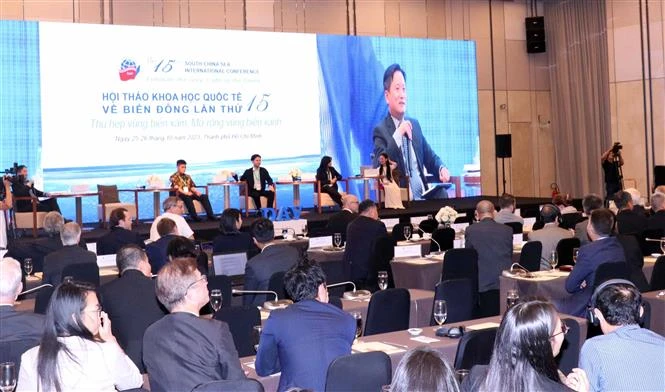 Scene of the second working session of the Workshop. (Photo: Xuan Khu/VNA)
Scene of the second working session of the Workshop. (Photo: Xuan Khu/VNA)On the second day of the International Conference on the East Sea (October 26) held in Ho Chi Minh City, delegates attended four main discussion sessions.
Unite to create collective strength
In Session 5 “The Role of Coast Guards in Enhancing Cooperation in the East Sea,” scholars emphasized the importance of cooperation among Coast Guard forces in the region.
Most delegates expressed deep concern about “gray zone” activities and some unilateral activities of Chinese coast guard vessels in the East Sea recently.
All opinions emphasized the importance of Coast Guard diplomacy ; believed that small and medium-sized countries should promote cooperation, interaction with each other, act consistently, and unite based on international law to create collective strength, including recommendations to institutionalize the ASEAN Coast Guard Forum.
Some opinions suggest that countries in the region need to unify standards for Coast Guard vessels, cooperate in sharing expertise in law enforcement at sea, protecting safety, the marine environment and maintaining order at sea, and improving the skills and professionalism of the Coast Guard.
It is suggested that the regional Coast Guard cooperate in building maritime security capacity with major countries in and outside the region, and develop codes of conduct to control the behavior of the Coast Guard.
Converting traditional energy into green energy
At Session 6 “The Decisive Moment: Traditional Energy or Renewable Energy?” scholars presented on offshore wind power development, energy conversion and exploitation of rare earth resources.
Scholars believe that green and sustainable transformation in the exploitation, production and use of energy and marine resources is an irreversible trend.
Countries must balance exploitation and conservation of marine ecosystems, contributing to achieving the 7th goal of the United Nations Sustainable Development Goals (SDGs) by 2030 and the COP26 target of net-zero emissions by 2050.
[15th International Conference on the East Sea: Dialogue, promoting trust]
Most delegates highly appreciated Vietnam's wind power potential with a large exclusive economic zone and huge rare earth resources - second in the world, after China.
There are recommendations on the synchronous exploitation of traditional and renewable energy and the conversion of traditional energy into green energy through the use of technology and CO2 storage capacity.
Some delegates shared lessons learned in attracting investment in offshore wind power, saying that it is necessary to have a consistent and reliable institutional framework, reduce administrative procedures, be clear and simple, update information and involve people.
In addition, offshore wind power exploitation needs to pay attention to the provisions of UNCLOS 1982 regarding the 500-meter safety zone and "appropriate measures" to ensure maritime traffic safety.
In addition, some opinions say that the challenge of offshore wind power is not only about maritime traffic safety. The world has not yet fully and comprehensively assessed the challenges that offshore wind power stations create for the ecological environment and animal life in the sea and dependent on the sea.
It is argued that deep-sea resources in areas beyond national jurisdiction are the common property of mankind. Exploitation of deep-sea resources is not only an environmental issue but is also becoming a geopolitical issue in the fierce competition between major countries.
Peace, stability and cooperation in the East Sea are of vital importance to the EU.
Ms. Paola Pampaloni, Acting Director General of the Asia and Pacific Department, EU External Action Service (EEAS) participated in the webinar and delivered a keynote speech.
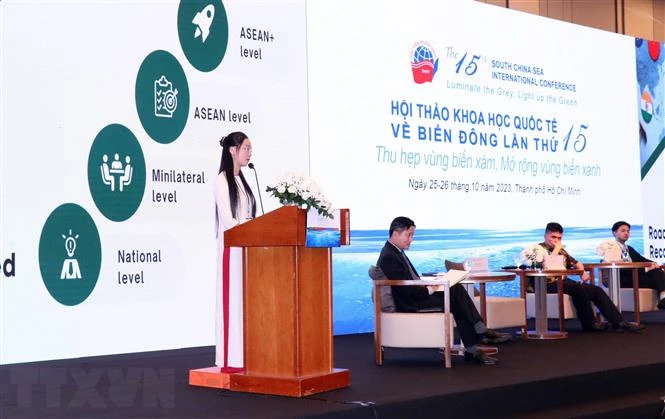 Representatives of the Vietnamese Youth Generation spoke at the "Voices of the Next Generation" Session at the Workshop. (Photo: Xuan Khu/VNA)
Representatives of the Vietnamese Youth Generation spoke at the "Voices of the Next Generation" Session at the Workshop. (Photo: Xuan Khu/VNA)For the EU, multilateralism is important, given the growing trend of unilateralism and great power competition.
Ms. Pampaloni emphasized that multilateralism continues to be the most effective tool in international relations, beneficial to all, so that countries can cooperate with each other to resolve disputes and achieve common goals. Multilateralism and international law cannot be separated; engaging in multilateralism cannot be an "optional" process.
The EU has vital strategic and economic interests linked to maritime security and the prosperity of the countries bordering the South China Sea.
Peace, stability and cooperation in the South China Sea are of vital importance to the EU. The EU strongly opposes any actions that increase tensions and undermine the rules-based order.
Ms. Pampaloni affirmed that the 1982 United Nations Convention on the Law of the Sea (UNCLOS 1982) is a “guiding light” and “compass” for the peaceful resolution of disputes in the region.
In addition, the EU supports the ASEAN-led negotiation process towards an effective, substantive and legally binding COC, in which the COC must respect the interests of third parties and be consistent with international law.
She reaffirmed that the EU always supports effective multilateralism and supports the principle of ASEAN centrality. The EU has been strengthening cooperation with ASEAN and its member countries, including Vietnam, in areas such as capacity building, enhancing maritime spatial awareness and enhancing maritime presence; through specific programs and projects such as CRIMARIO, ESIWA...
There is a need for a framework of cooperation on protecting, building and maintaining essential infrastructure.
Session 07 on “Critical Infrastructure: New Strategic Implications of Technology” focused on assessing the importance and resilience of undersea infrastructure and provided recommendations to enhance the security of these infrastructures.
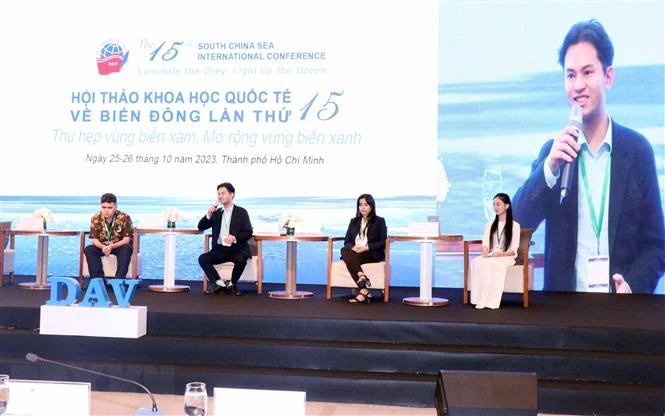 Representatives of the Southeast Asian Youth Generation gave their opinions at the Workshop. (Photo: Xuan Khu/VNA)
Representatives of the Southeast Asian Youth Generation gave their opinions at the Workshop. (Photo: Xuan Khu/VNA)Many opinions say that every country, whether landlocked or not, depends on undersea infrastructure, including submarine cable systems to connect and transmit information and data.
Reliance on offshore infrastructure is increasing as the world transitions to green energy.
However, sea areas in Europe, the Middle East and Asia, including the South China Sea, have all experienced incidents where submarine cables or oil pipeline systems have been disrupted.
Two major factors affecting the vulnerability of submarine cable systems are geopolitical tensions and the dominant role of a few large technology corporations in installing and operating submarine cable systems.
Additionally, some have suggested that the vulnerability of submarine cable networks stems from the fact that they are rigid, immovable infrastructure, coupled with their location on the seabed, which makes monitoring difficult and time-consuming to troubleshoot.
This makes seabed infrastructure vulnerable to attack and sabotage. To address this problem, scholars argue that countries need to prioritize seabed infrastructure security as essential infrastructure, with the same priority as economic and defense security.
In addition, the interdependence and global location mean that there is a need for a framework of cooperation at the regional and international levels to safeguard the construction, maintenance and protection of critical infrastructure.
In Session 8 “Voices of the Next Generation,” five speakers from the Conference’s Young Leaders Program from Australia, Indonesia, the Philippines, Vietnam and the International Organization for Sustainable Integrated Management of the East Sea (PEMSEA) discussed the concerns of the younger generation in issues related to the East Sea; and shared some ideas and proposals to achieve a peaceful, stable and prosperous East Sea.
The young speakers affirmed that in addition to the region's concerns so far related to maritime disputes between countries, especially actions to carry out claims that cause insecurity and maritime safety, the Southeast Asian region in general and the East Sea in particular are facing many other non-traditional threats such as climate change, rising sea levels, depletion of marine resources, lack of clean energy, etc.
Young speakers said that in order to achieve peace and stability in the East Sea, countries in the region must increase respect for international law, including the 1982 United Nations Convention on the Law of the Sea and the Arbitral Tribunal's Award on the East Sea case; promptly complete the COC and especially strengthen cooperation with each other as well as with countries outside the region to jointly address issues of common concern such as developing clean energy, promoting marine scientific research, preventing rising sea levels, and protecting marine ecosystems.
In his closing speech at the workshop, Dr. Nguyen Hung Son, Deputy Director of the Diplomatic Academy, assessed that the workshop had pointed out the great potential of the sea and ocean, and proposed many mechanisms and creative cooperation ideas to realize the potential of the sea.
Dr. Nguyen Hung Son emphasized the need to maintain a peaceful environment, enhance dialogue and cooperation to enhance the effectiveness of international law and multilateral cooperation mechanisms, reduce unilateral actions, thereby "narrowing the gray sea area."
In particular, Dr. Nguyen Hung Son emphasized the need to look to the future, building a team of young experts and leaders in the region who are interested, knowledgeable, and have the habit of dialogue and cooperation./.
Source


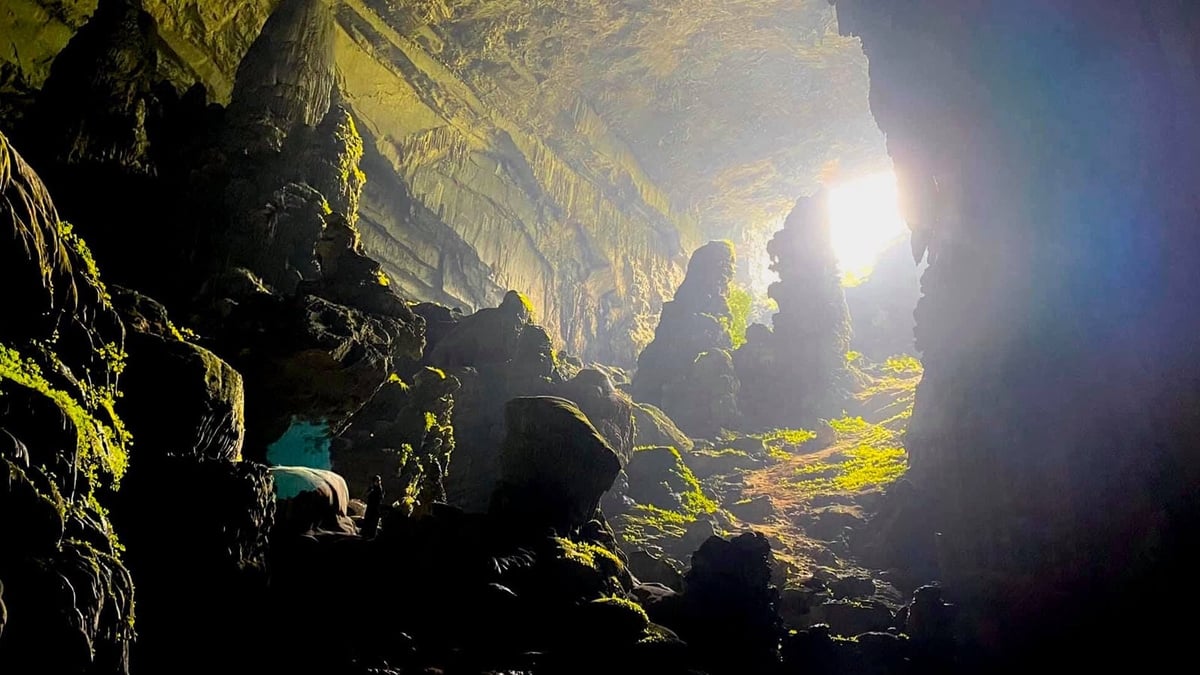



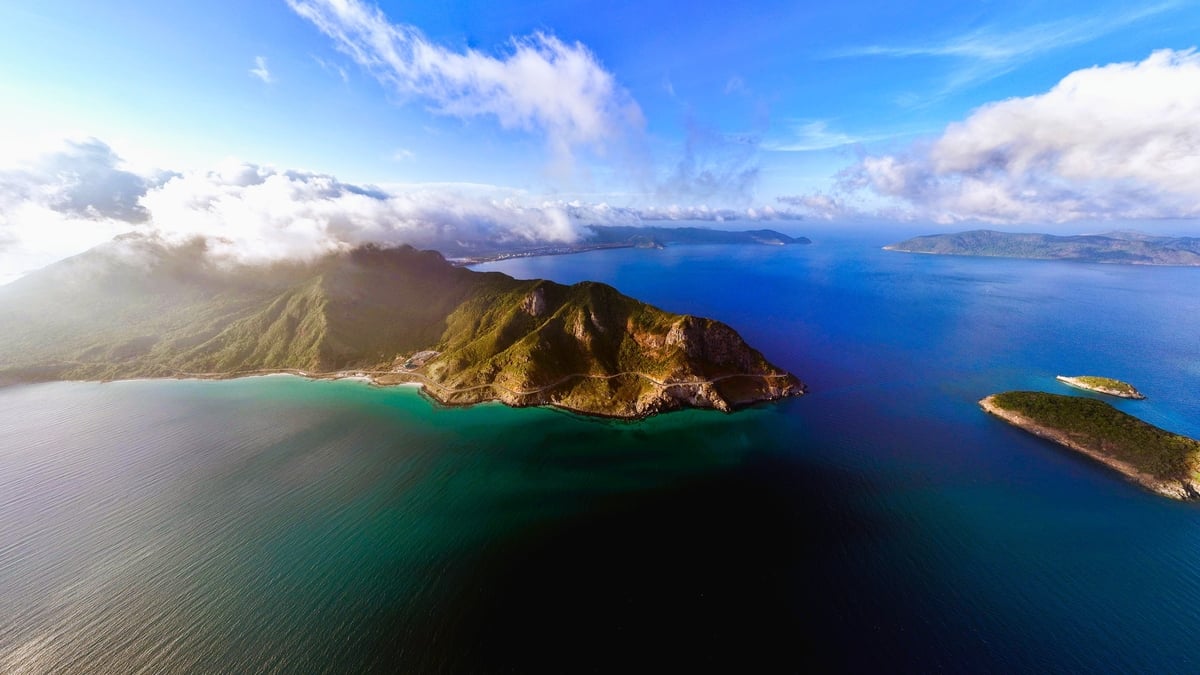
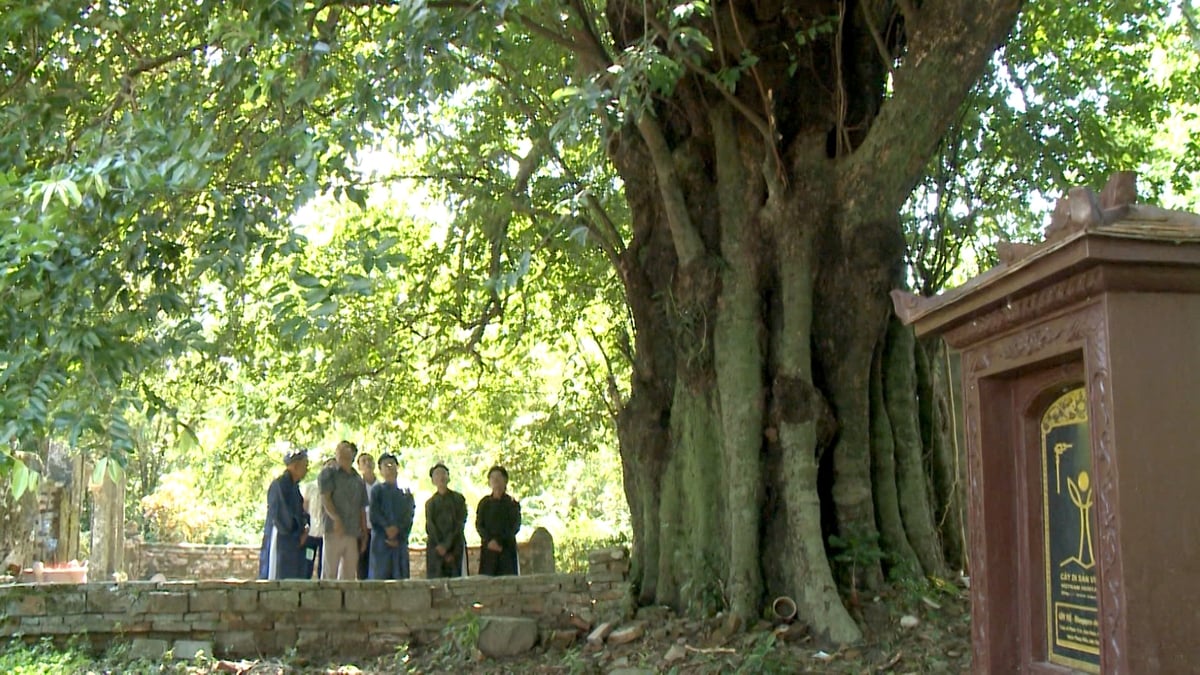
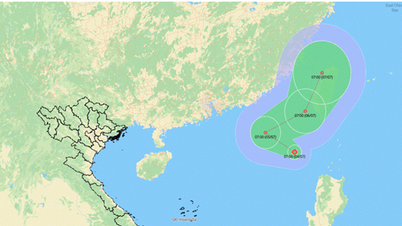



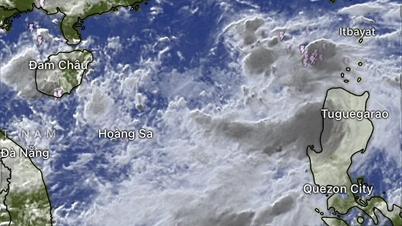

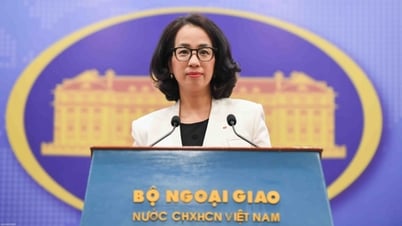

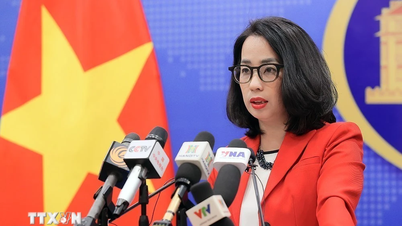
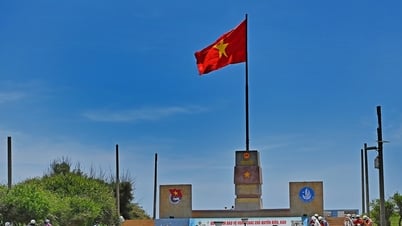

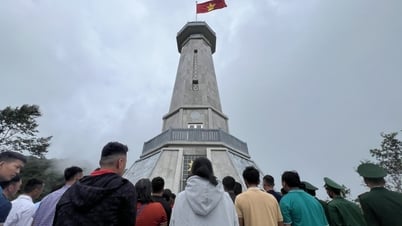

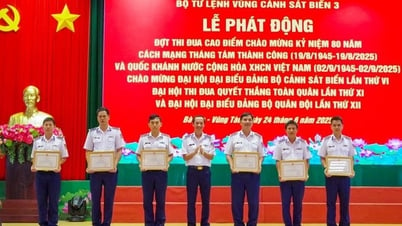

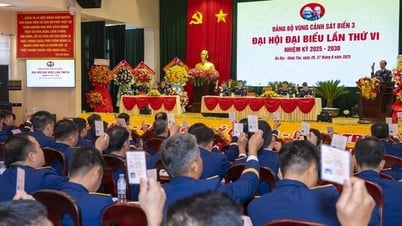
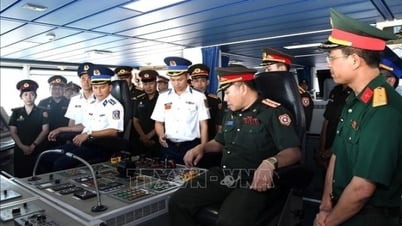
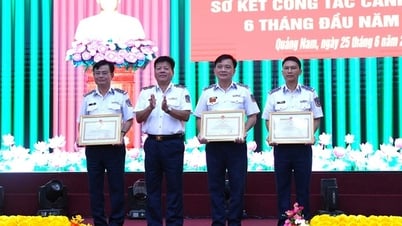
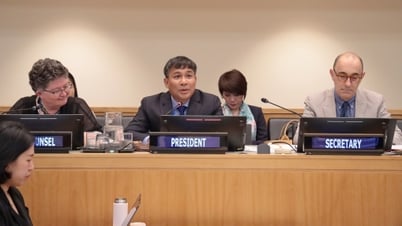




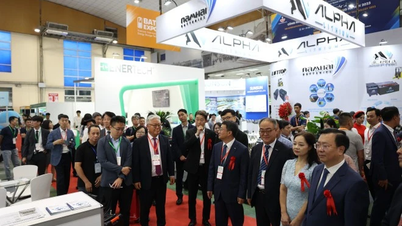

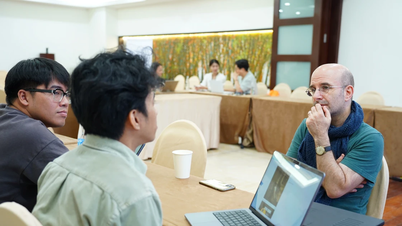
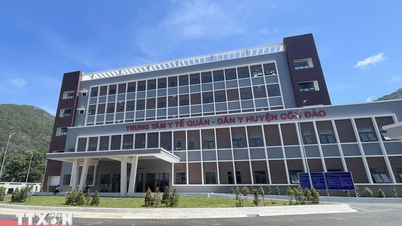
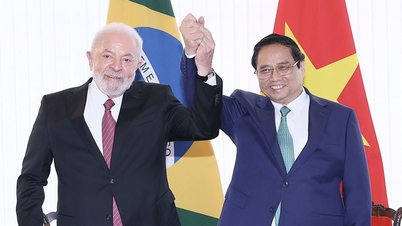

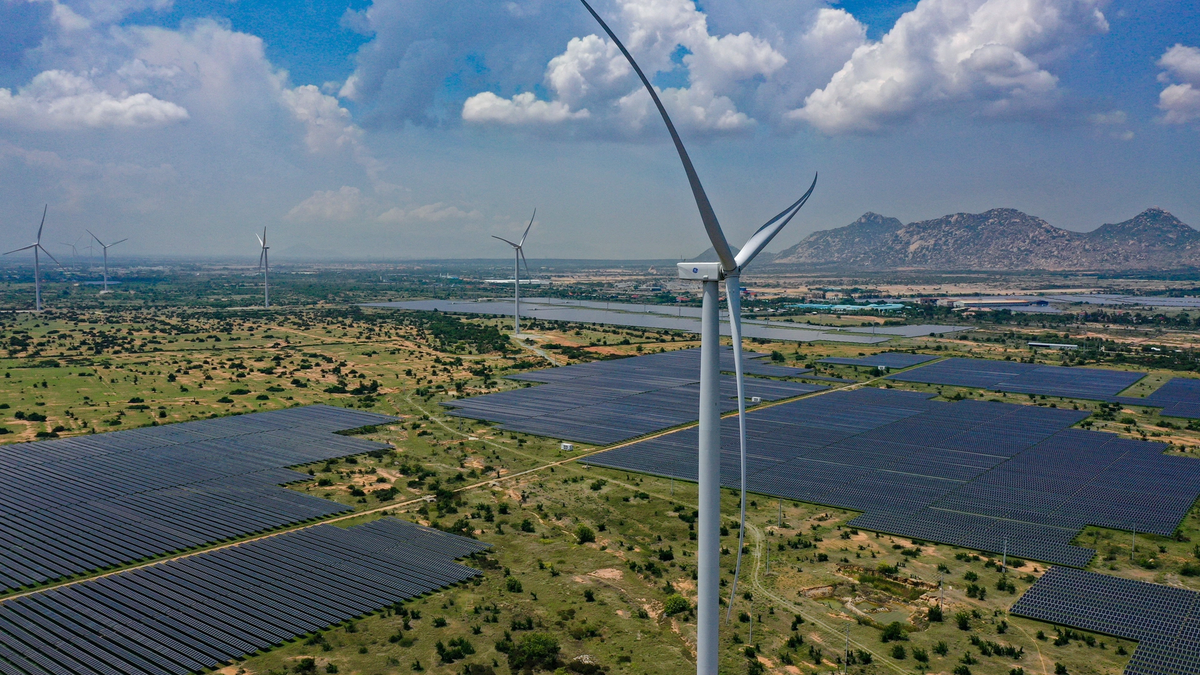
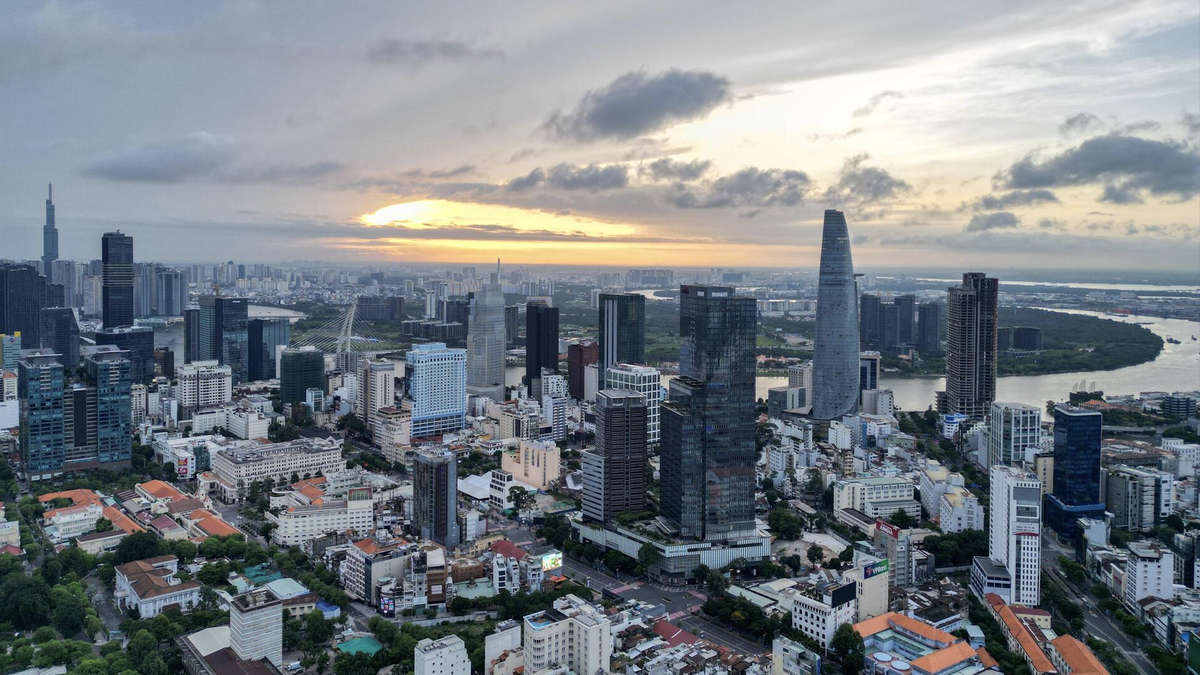


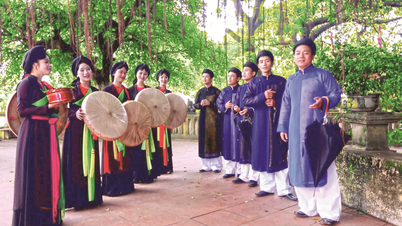



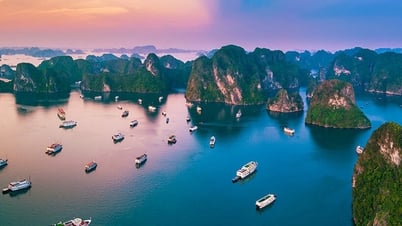

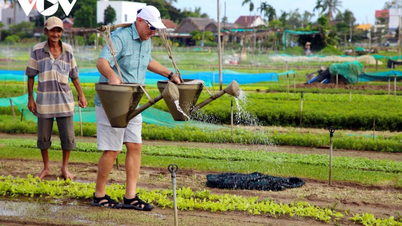

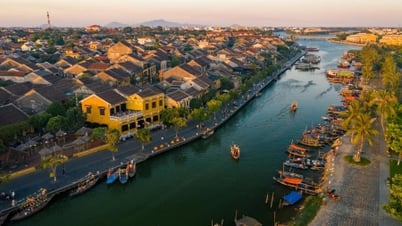

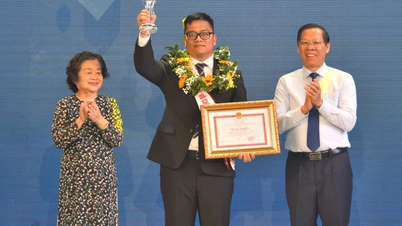
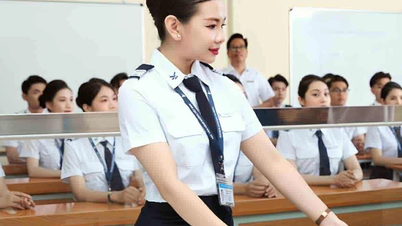






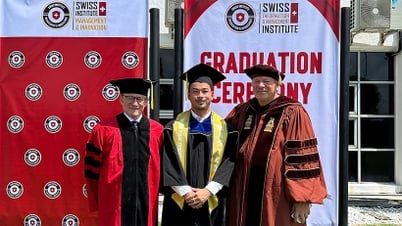
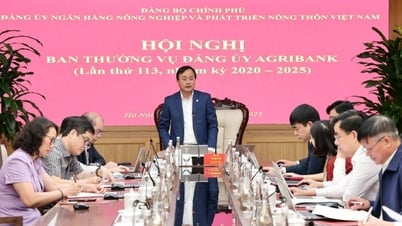
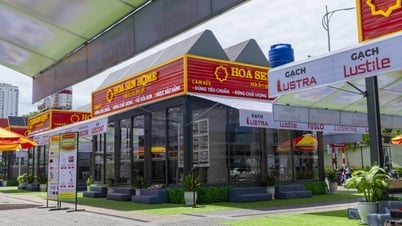



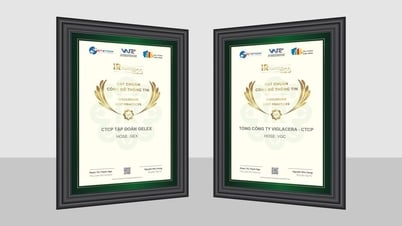




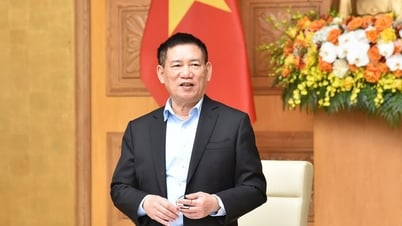


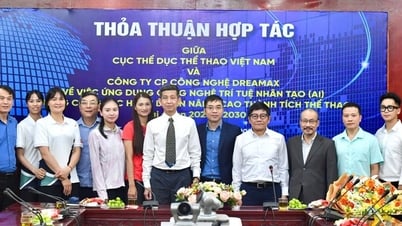

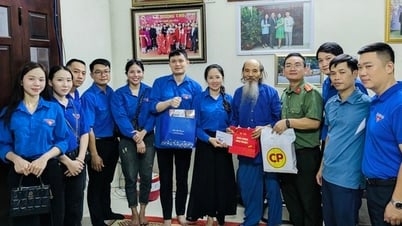

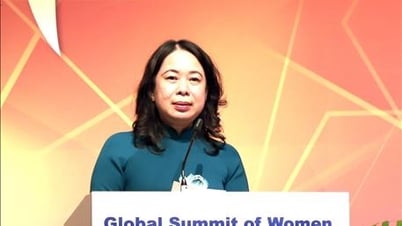

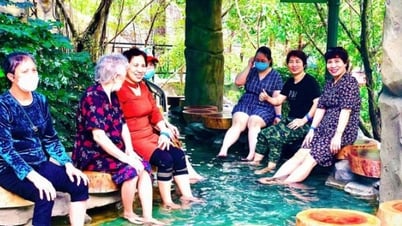
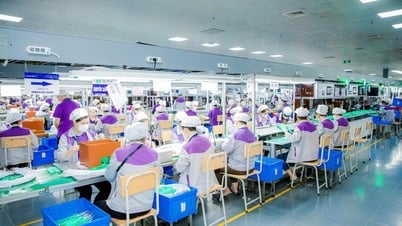

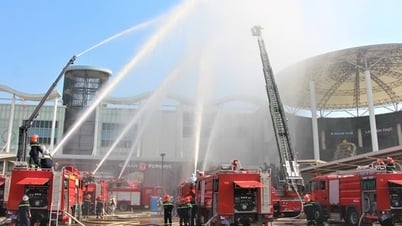

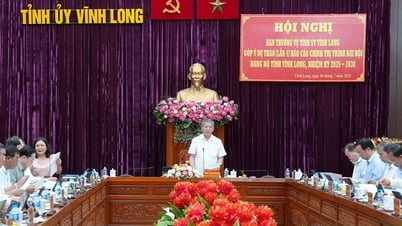

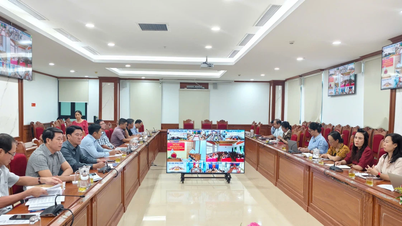





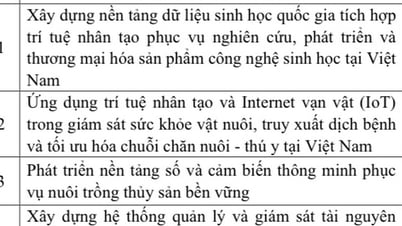
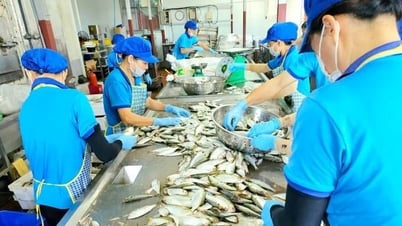


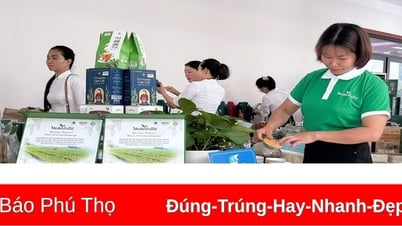





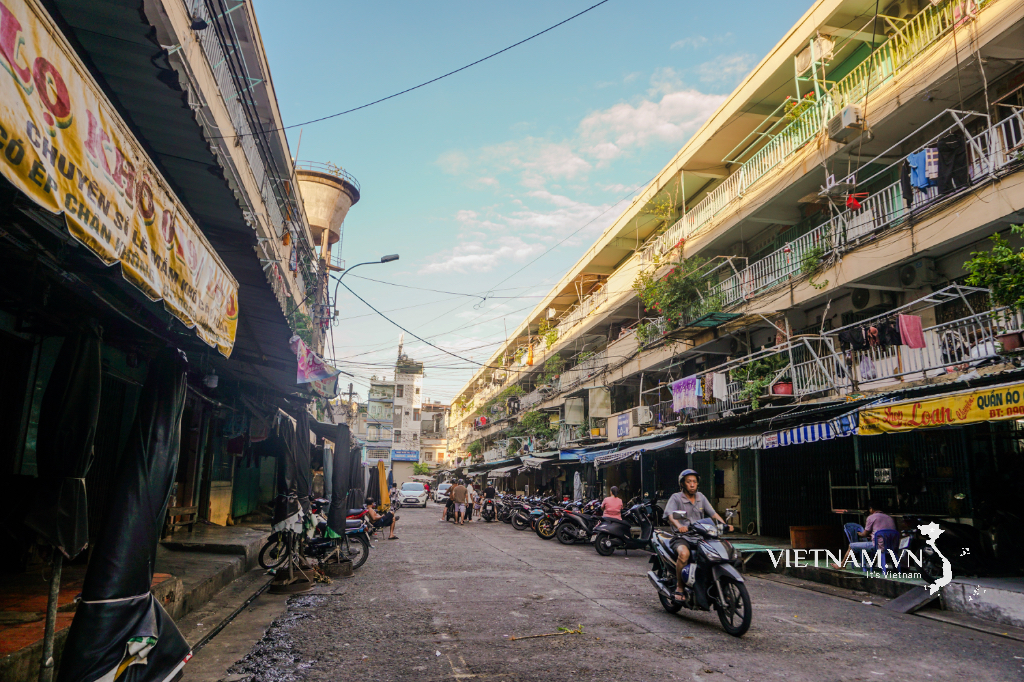
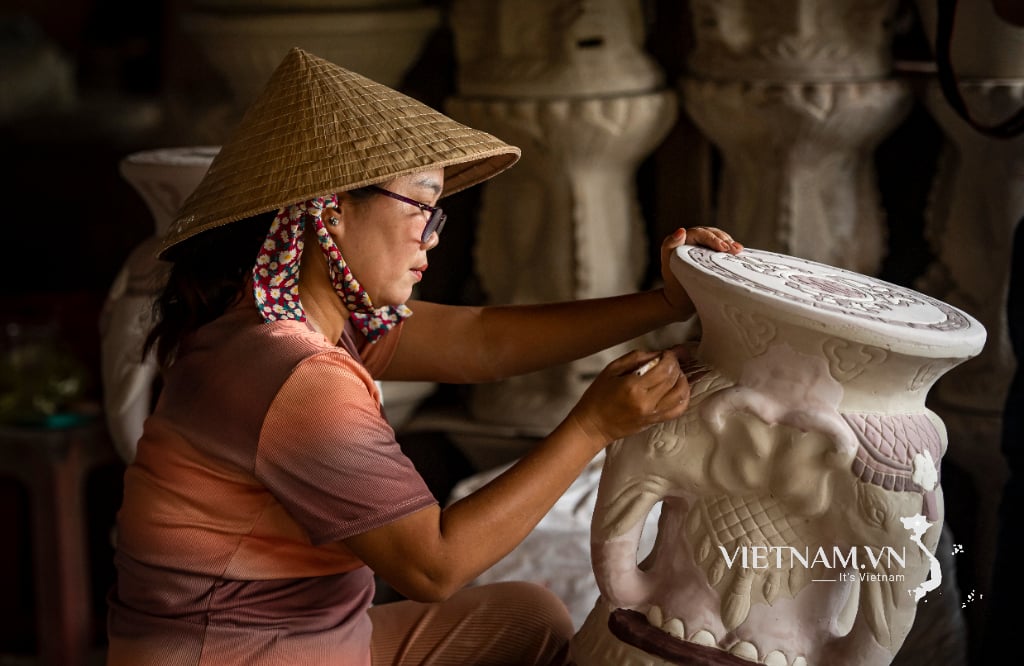

Comment (0)